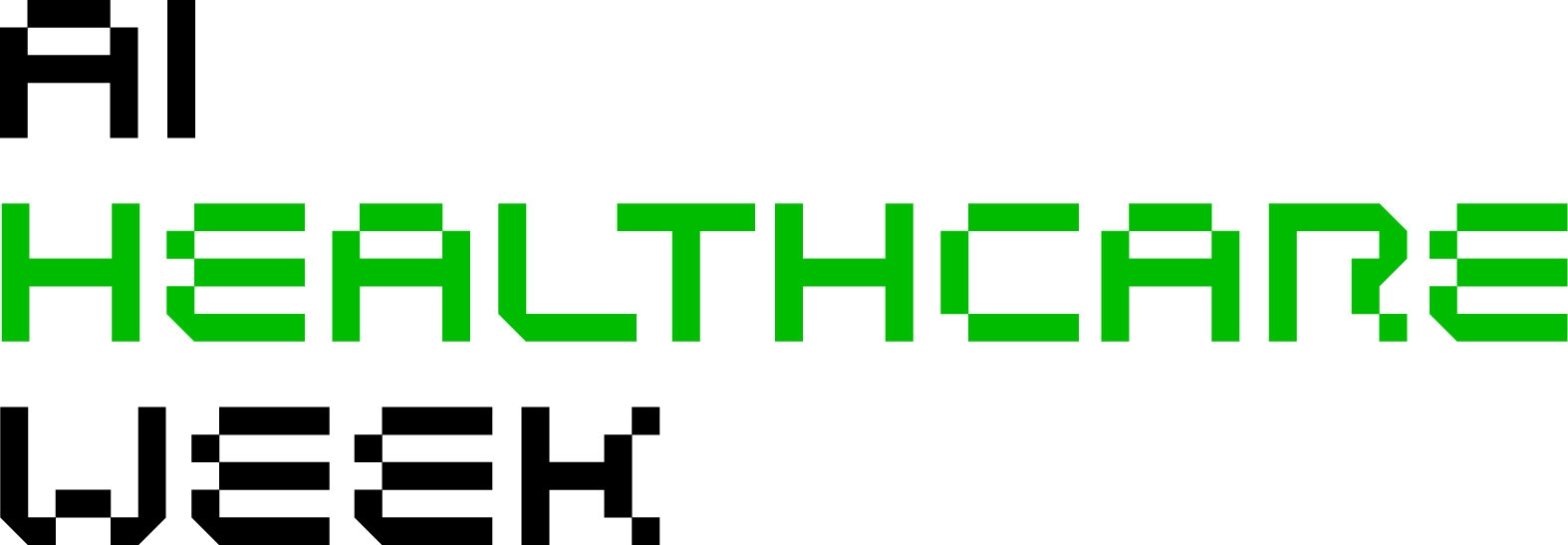The healthcare industry is undergoing a significant transformation with the advent of AI-driven chatbots and virtual health assistants. These intelligent systems leverage natural language processing (NLP), machine learning (ML), and deep learning algorithms to enhance patient engagement, symptom analysis, and mental health support. As we step into AI Healthcare Week, it’s crucial to explore how AI is redefining patient care, reducing clinical workloads, and improving accessibility in healthcare.
Enhancing Patient Engagement
One of the critical challenges in healthcare is ensuring continuous patient engagement. AI-powered virtual assistants serve as 24/7 health concierges, providing instant responses to patient queries, scheduling appointments, and offering personalized medical guidance. These digital assistants integrate with Electronic Health Records (EHR) and Patient Management Systems (PMS) to streamline workflows, ensuring seamless interactions between patients and healthcare providers.
AI-Driven Symptom Checking
AI chatbots are now playing a pivotal role in triaging symptoms and offering preliminary assessments. By utilizing vast medical datasets and real-time analysis, AI chatbots can:
- Assess symptoms based on user input
- Provide evidence-based recommendations
- Guide patients to the appropriate level of care (self-care, telemedicine consultation, or emergency services)
- Reduce unnecessary hospital visits and optimize resource allocation
These advancements increase efficiency in healthcare facilities and ensure patients receive the right level of care at the right time.
Transforming Mental Health Support
Mental health services have seen a surge in demand, and AI-powered virtual assistants are bridging the gap between patients and mental health professionals. AI chatbots, such as Woebot and Wysa, provide cognitive behavioral therapy (CBT)-based interventions, mood tracking, and mindfulness coaching. Their ability to deliver real-time, judgment-free conversations makes them invaluable in providing support for individuals experiencing stress, anxiety, or depression.
Benefits of AI in Mental Health Support:
- Anonymity & Accessibility: Users feel more comfortable discussing sensitive issues with AI.
- 24/7 Availability: Immediate assistance without waiting for therapist appointments.
- Data-Driven Insights: AI tracks behavioral patterns, offering personalized interventions.
The Future of AI in Healthcare
As AI continues to evolve, we can expect even more sophisticated virtual assistants that integrate predictive analytics, wearable technology, and conversational AI. These advancements will not only enhance patient-centered care but also contribute to reduced healthcare costs, optimized provider efficiency, and improved health outcomes.
AI chatbots and virtual health assistants are reshaping the healthcare landscape, ensuring proactive patient engagement, precise symptom assessment, and expanded mental health support. As we celebrate AI Healthcare Week, it is evident that AI-driven healthcare solutions are paving the way for a more intelligent, accessible, and efficient healthcare ecosystem.


